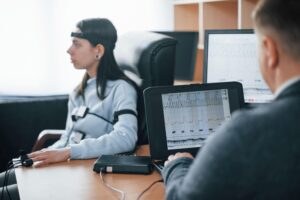Rise of polygraph testing sparks concern about police powers
Published on 02 January 2024
Myron Standret / Alamy Stock Photo

Data disclosed by police forces shows an expansion of polygraph testing to include interviews of suspects
Reports Mark Wilding for Liberty Investigates and Cahal Milmo for the i.

